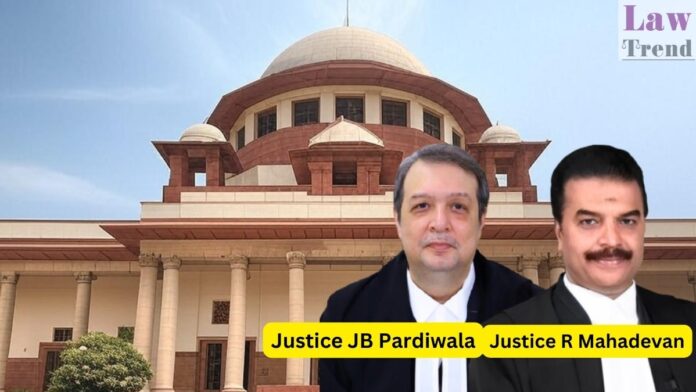A bench of the Supreme Court comprising Justice J.B. Pardiwala and Justice R. Mahadevan delivered a significant judgment, emphasizing the need for standardized guidelines to ensure thorough verification of title clearance reports by banks before granting loans secured by immovable property. The ruling highlights the critical importance of protecting public interest and preventing fraudulent transactions




